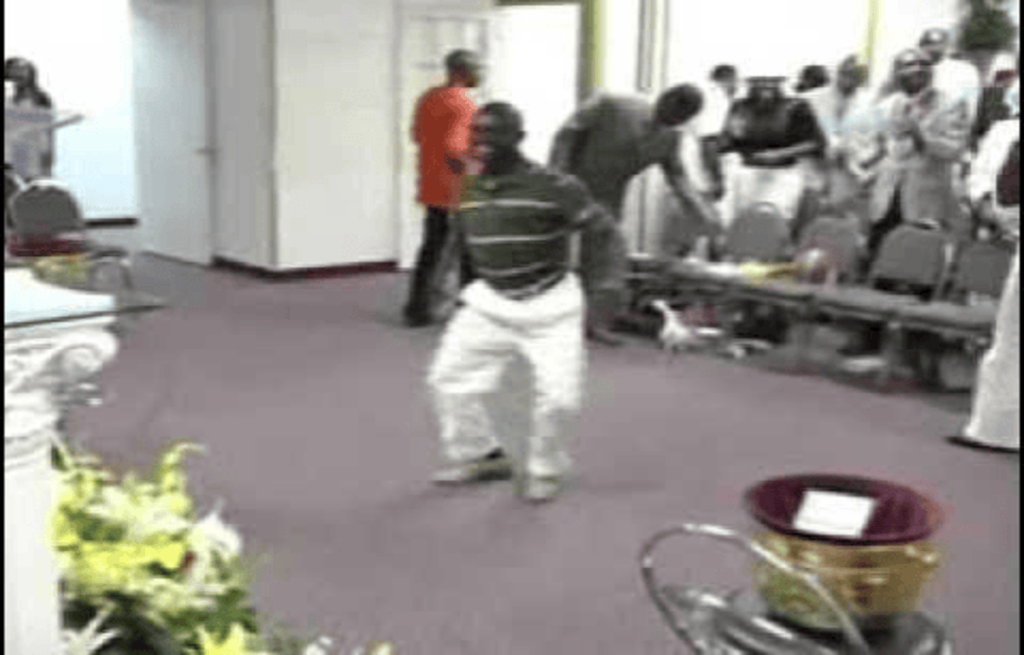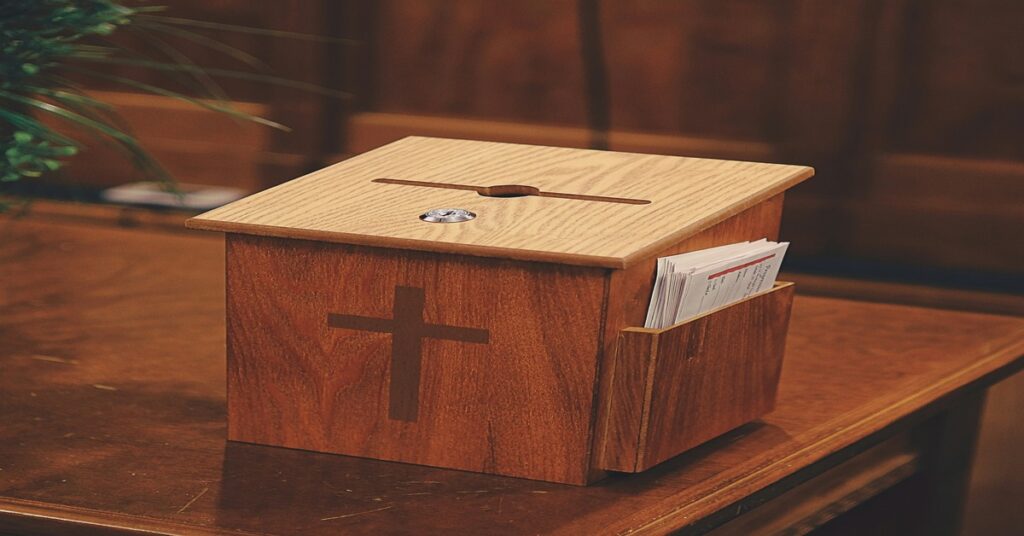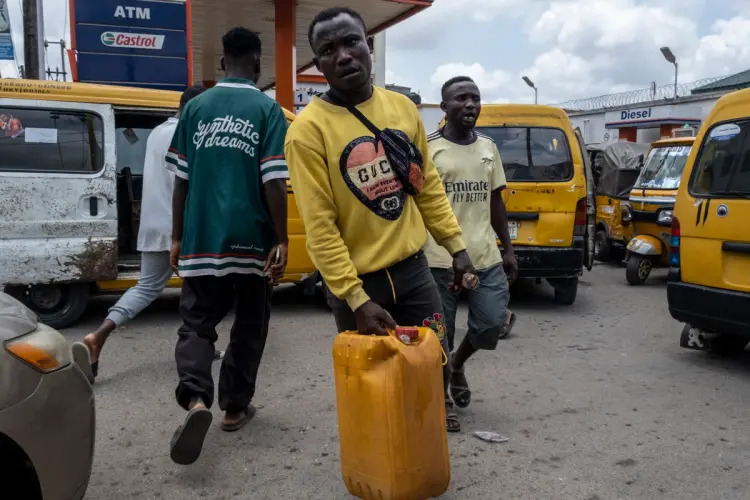In Nigeria, resilience is almost a national sport, and nothing captures that spirit more than the sight of people dancing through their hardship—literally. After the latest fuel price hike by NNPC, life got even tougher, but that won’t stop people from dancing energetically in churches and parties, broad smiles on their faces, as if we have no care in the world.
Maybe that’s how we cope—with music, dancing, and faith, while silently hoping for divine intervention. The cost of fuel may have skyrocketed, but in true Nigerian fashion, we keep moving, one dance step at a time.
Dancing Through the Pain
The Economy: Hunger in the Land
Let’s face it: there’s hunger in the land. Food prices are through the roof, and a simple meal can cost as much as a full tank of gas these days. Nigerians are no strangers to suffering, but what’s most striking is the smiling. People are suffering and smiling as though it’s the national pastime. We smile because we have to. What else can we do?
Prices of goods and services have doubled, and if you ask the average Nigerian how they’re coping, you’ll likely hear them say, “We are managing.”
Managing?
We’ve been managing and dancing through hardship since forever, and it seems like the only people thriving in this economy are those who can buy and sell hunger. At the center of it all is the government, busy hiking fuel prices while pretending to have no idea that millions are unable to afford their next meal.
The Politicians in Church
To make matters worse, politicians will show up in church today with their entourage of security and aides. The ones who live above the suffering, whose fuel tanks are filled by taxpayers’ money, will sit comfortably in their reserved seats, and of course, the church will give them special recognition. The pastor will pause his sermon for a moment and say, “Let’s thank God for the presence of our honorable guest.” The church members, with hands raised, will shower them with prayers for protection from enemies.
Yes, the Bible does say to pray for your enemies, but are these politicians really deserving of such prayers? We pray for protection for them when the ones who truly need protection are trekking home from church because they can’t afford the fuel for their cars. There’s irony in the fact that while the people struggle, those in authority are being uplifted and praised in places of worship, the very places where hope should be restored to the masses.
The Message of Tithing: From Tightness to Tithing
With the economy in shambles, pastors today will still amplify the message of tithing. You see, the solution to your financial woes, they say, is to give to God. Tithing is the key to getting out of tightness.
While there is certainly spiritual value in giving, it’s hard not to notice the irony when members who faithfully tithe each week are trekking home because they can’t afford the latest fuel price.
It’s a hard pill to swallow. You give, you pray, you fast, yet nothing seems to change.
Meanwhile, the politicians are blessed in abundance, their prayers answered in the form of increased wealth and power. And yet, the masses are told to keep giving, for that is the way to break through the hardship. But is it?
Suffering and Smiling: A Nation in a Tight Corner
Let’s not sugarcoat it—those in authority have successfully boxed the people into a corner. With every hike in fuel price, with every broken promise, they push the people closer to the edge.
But here’s the thing: Nigerians can’t fight back. Not because they don’t want to, but because they’ve been strategically weakened.
During election time, these same leaders give out crumbs—bags of rice, small amounts of cash, or the ever-famous scoop of jollof rice—and suddenly, all sins are forgiven.
“Oh, he’s trying,” they will say.
Like the biblical Esau, people are willing to sell their birthright for a meal, forgetting that once the meal is gone, the hunger will return with a vengeance. And when it does, (like it has now) the leaders are nowhere to be found.
Election after election, we choose tribe over competence. We forget that hunger knows no tribe. Maybe some tribes are secretly buying goods cheaper than others, but who knows? What we do know is that the suffering is real, and it’s only getting worse.
How Did We Get Here? The Blame Game
It’s easy to blame the politicians for the mess we’re in. After all, they’re the ones making the policies, increasing the fuel prices, and leaving the people to fend for themselves. But maybe, just maybe, we need to take some responsibility too.
We’ve allowed ourselves to be bought with crumbs, to be pacified with empty promises.
But now, it’s time to stop playing the blame game and get our hands dirty. The truth is, while the government is failing us, we need to start thinking about how we can help ourselves. There are opportunities out there, even in this harsh economy, but they require trust, hard work, and collaboration.
The Hope for Deliverance
At the end of the day, many Nigerians are still dancing through hardship and hoping for divine deliverance. They go to church, they pray, and they wait for the miracle that will change everything. But maybe the real miracle lies in our ability to see through the deceit, to stop selling our birthright for a scoop of jollof rice, and to start demanding more from those in power.
Until then, we’ll keep dancing through the pain, smiling through the suffering, and hoping for a better tomorrow—one that doesn’t come at the expense of our dignity.
Follow us on Facebook and Instagram for the latest updates and exclusive content! Join our community now!




